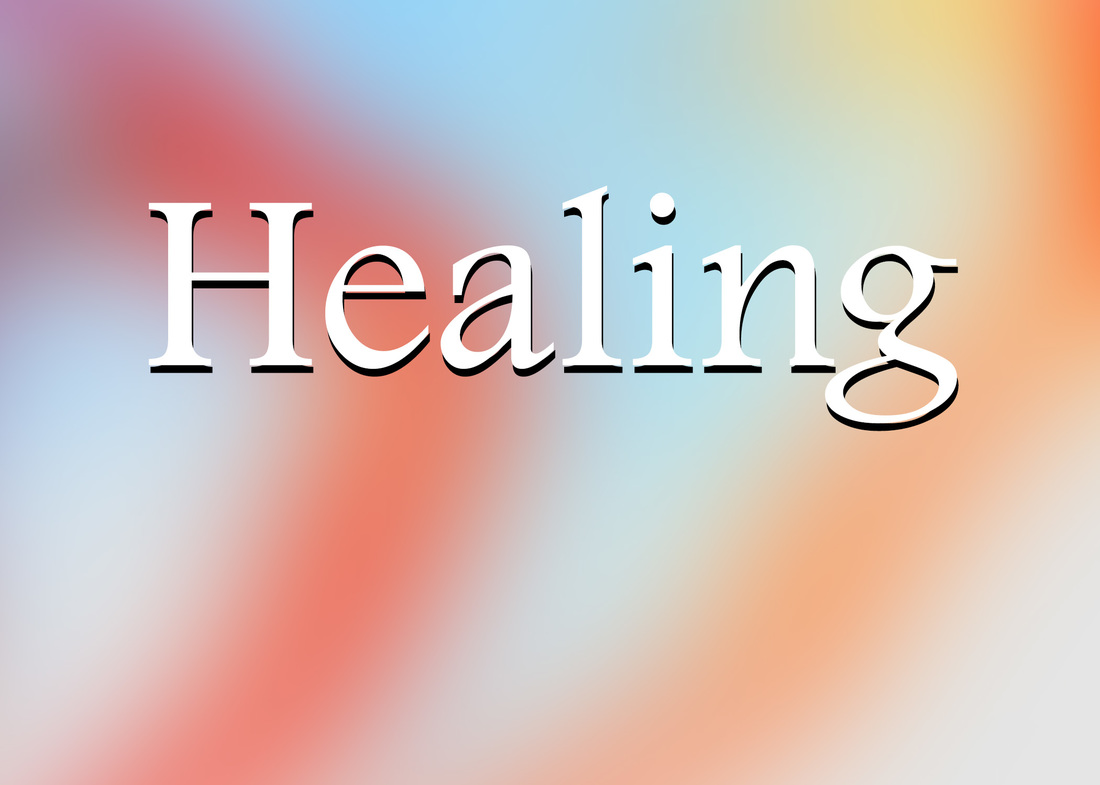|
Stress — just the word may be enough to make you feel nervousness. Everyone feels stressed from time to time. Some people may cope with stress more effectively or recover from stressful events quicker than others. It's important to know your limits when it comes to stress to avoid more serious health effects., but sadly many of us don't understand when too much is too much.
What is stress? Stress can be defined as the brain's response to any demand. Many things can trigger this reaction, including change. Changes can be positive or negative, and each of us determines the way we perceive it. These adjustments may be recurring, short-term, or long-term and may include things like commuting to and from school or work every day, traveling for work, or moving to another home. Changes can be mild and relatively harmless, such as winning a race, watching a scary movie, or riding a rollercoaster. Some changes are major, such as marriage or divorce, serious illness, or a car accident. Other changes are extreme, such as exposure to violence, and can lead to traumatic stress reactions. How does stress affect the body? Not all stress is bad. All animals have a stress response, which can be life-saving in some situations. The nerve chemicals and hormones released during such stressful times, prepares the animal to face a threat or flee to safety. In a dangerous situation, the pulse quickens, breath speeds up, muscles tense, the brain uses more oxygen and it increases activity—all functions aimed at survival. In the short term, it can even boost the immune system. Chronic stress however, is a very different story. Those same nerve chemicals that are life-saving in short bursts can suppress functions that aren't needed for immediate survival. The immunity is lowered, and the digestive, excretory, and reproductive systems may cease to operate normally. Problems occur if the stress response goes on for too long, such as when the source of stress is constant, or if the response continues even after the danger has subsided. The body and mind are one - what effects the mind, effects the body - they are one unit of wholeness. Have you reached the point where your body can no longer manage your current stress load? Is the stress spilling over into your relationships or your job? Maybe your health is declining over time, or even very quickly? It may be time to seek help to find a way to gently manage your stress and tension. You may find that your pain diminishes, or goes away all together. When your stress is well managed, you will feel more in control, and hopefully you will find your joy again.
0 Comments
Please take a look my guest blog post on Cathryn Jakobson Ramin's website.
Cathryn Jakobson Ramin is an award winning journalist, essayist, lecturer and the author of Carved in Sand: When Attention Fails and Memory Fades in Midlife. She is currently at work on The Fragile Column, a book about the back pain industry. Please visit her website, which includes a searchable database containing the best back pain resources and practitioners. |
Details
BLOGAuthorAfter trying every conventional therapy for crippling, chronic low-back pain, I discovered the problem was completely within my control. I experienced an amazing health transformation in a matter of weeks. Mind-Body medicine worked for me, and it can for can too! Archives
August 2023
Catagories
All
|


 RSS Feed
RSS Feed